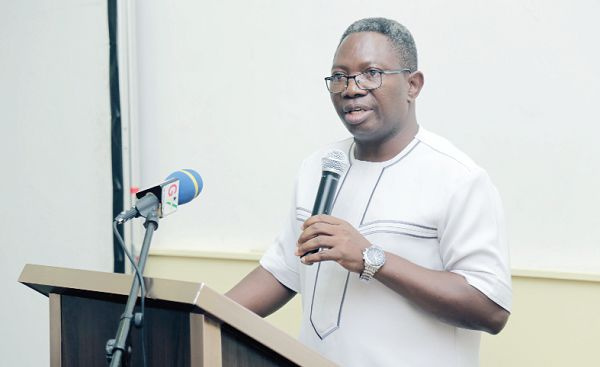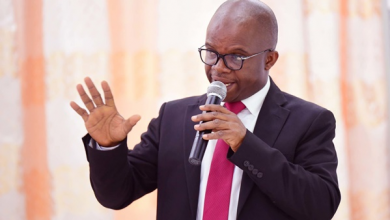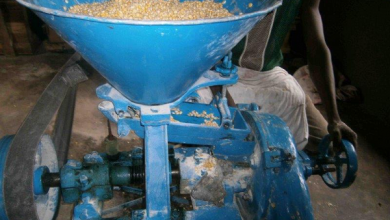Ghana confronts HIV crisis as AIDS Commission discloses the limited distribution of anti-retroviral medications

Dr Kyeremeh Atuahene, the Director-General of the Ghana AIDS Commission, has disclosed that the commission faces financial constraints leading to the rationing of anti-retroviral drugs for people living with HIV.
During an interview on Eyewitness News, Dr Atuahene revealed that due to the lack of adequate government support, they have been forced to distribute medicines for HIV patients between two to three months, instead of the intended six-month allocation.
The commission struggles to meet the demand for drugs, resulting in the necessity for rationing.
Dr Atuahene called on individuals and groups to contribute to the AIDS fund to help bridge the funding gap, emphasizing that the shortage of funds makes it challenging to provide crucial medication to those in need.
He stated, “We have a huge funding gap, if we run short of medicine, it’s like people who are on oxygen and the obvious end is death when oxygen is taken off. Currently, there’s no specific budgetary allocation for HIV programmes.
“Once in a while, we get something from National Health Insurance Scheme (NHIS). The funding gap is 66%. We need Ghanaians to support us by dialling USSD *989# to donate to support the AIDS fund”.
In 2022, Ghana reported a total of 16,574 new cases of HIV infections, compared to 18,036 cases in 2021.
These new HIV infections were recorded across all age groups, including 13,706 cases for individuals aged 15 and above, 2,180 cases for children aged zero to 14 years, 645 cases for adolescents aged 10 to 19 years, and 739 cases for young people between 15 and 24 years old.
Source – citinewsroom.com




